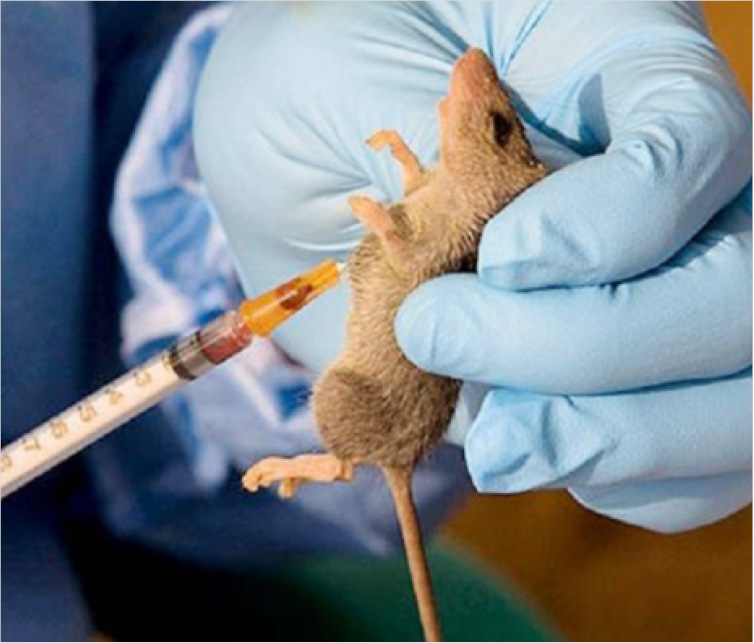Scientists across the West African sub-region have said licensed vaccines for the prevention of Lassa fever may be developed in the next two years.
They stated this yesterday in Abuja during the ‘Enable 1.5 kick off meeting organised by the Coalition for Epidemic Preparedness Innovations (CEPI), the Nigeria Centre for Disease Control and Prevention (NCDC), and the Nigeria Health Watch and other partners.
Dr Ayodeji Olufemi, a consultant public health physician and site Principal Investigator at the Federal Medical Centre, Owo, Ondo State said phase two clinical trials for the Lassa fever vaccine is currently going on in Abuja, Nigeria and Ghana; and expected to round up next year.
He said thereafter the phase three clinical trials of the vaccine will commence and take another one year, making a total of two years for the development of the vaccine.
- Obaseki kicks as Shaibu inspects projects as Deputy Governor
- LP registered 22m voters in northwest – Obidient movement
Dr Francis Erah, consultant public health physician, Irrua Specialist Teaching Hospital, and data manager of the ENABLE 1.5 Study said the centre was managing a high burden of Lassa fever cases.
He said a vaccine for Lassa fever would help reduce the burden of Lassa fever in Nigeria and other countries in the sub-region.
He said, “Even if you have few cases of people coming down with symptoms, the severity will be minimized, and chances are that people will live healthier.”
The National Project Coordinator of the ENABLE 1.5 Study Nigeria, Dr Elsie Ilori said the study builds on the progress made on the ENABLE 1.0, which tried to understand the epidemiology of Lassa fever and ran from 2020 to 2024.
She said the main purpose of the ENABLE 1.5 is to conduct clinical studies towards producing vaccines for Lassa fever disease, in order to reduce the burden of Lassa fever in Nigeria and other West African countries.
She said some gaps were identified in ENABLE 1.0 and that ENABLE 1.5 was trying to address those gaps such as looking at the proper case definition for Lassa fever, and children zero to two years.
She said, “So, for 1.5 we are including children. We want to know the way children react to Lassa fever, the symptoms and the various diagnoses for children. We are also looking at the co-infections in Lassa fever, and using malaria as a case point. “
She further said the ENABLE 1.0 study was done in five countries while 1.5 is in three countries; Nigeria, Sierra Leone, and Liberia.
She added that Nigeria has three sites, which are the Irrua Specialist Teaching Hospital (ISTH), Edo State, Alex Ekwueme Federal University Teaching Hospital (AEFEUTH), Abakaliki, and Federal Medical Centre (FMC), Owo. She added that they were chosen because of the high burden of Lassa fever.

 Join Daily Trust WhatsApp Community For Quick Access To News and Happenings Around You.
Join Daily Trust WhatsApp Community For Quick Access To News and Happenings Around You.


